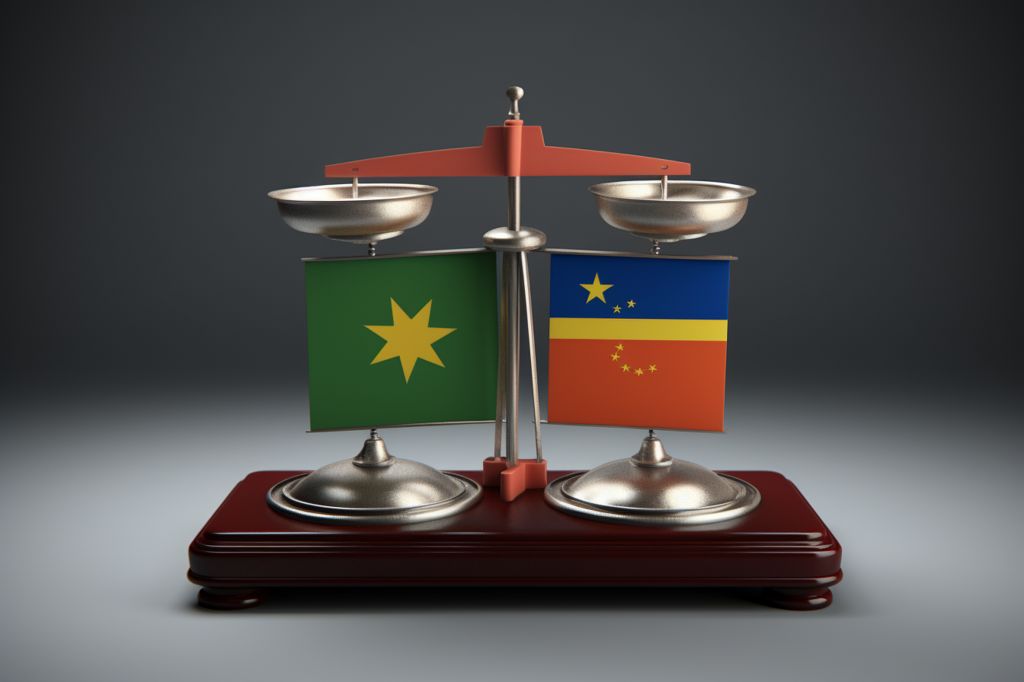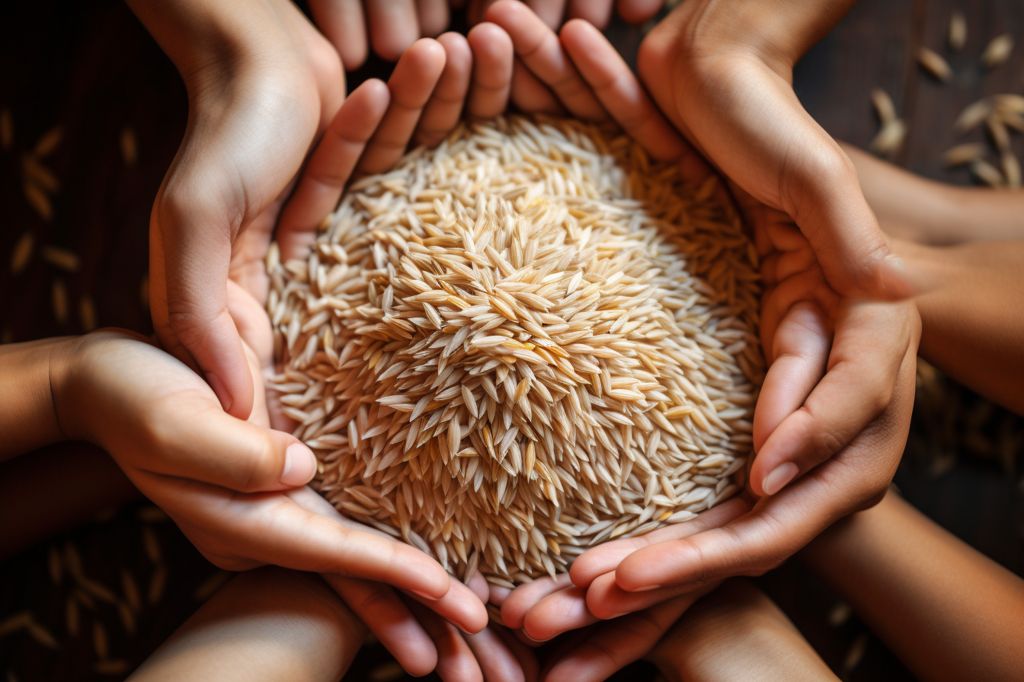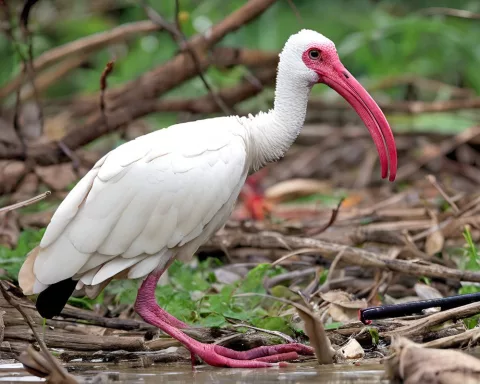The recent Ninth BRICS Parliamentary Forum has sparked mixed reactions, with some calling it a “shambolic” event while others praise the discussions on climate change and African partnerships. One concern raised was the significant imbalance in representation among participating countries, with South Africa sending over 45 MPs while Russia only contributed one delegate. The forum also experienced escalating diplomatic tensions and struggled to obtain sufficient sponsorship. Despite these challenges, the forum demonstrated the potential for collaboration and cooperation among emerging economies, highlighting the importance of addressing imbalances and promoting constructive dialogue.
The recent conclusion of the ninth BRICS Parliamentary Forum has been met with mixed reactions, as Brazil, Russia, India, China, and South Africa sought to promote cooperation and dialogue among their emerging economies. However, the Democratic Alliance (DA), a leading opposition party in South Africa, has criticized the event as ‘shambolic’ and branded it a ‘national embarrassment.’ This article examines the complexities of the forum, addressing the concerns raised by the DA and exploring the broader implications for the BRICS coalition.
Unequal Representation and Diplomatic Strains
Imbalance in Delegation
A primary concern voiced by the DA pertains to the significant inequality in representation among the participating countries. Emma Louise Powell, an MP for the DA, highlighted that South Africa sent over 45 MPs to the forum, while Russia contributed a solitary delegate. Powell argued that this imbalance diminished the forum’s importance and relegated it to a mere platform for anti-Western rhetoric.
This unequal representation can be linked to the geopolitical intricacies surrounding Russia. The nation’s ongoing military engagement in Ukraine has resulted in worldwide diplomatic isolation, potentially deterring active involvement in global forums such as this one. Nevertheless, the repercussions of this inequality for the unity and efficacy of the BRICS coalition cannot be dismissed.
Escalating Diplomatic Tensions
The forum also experienced increased diplomatic tensions, particularly with the Speaker of Iran’s National Consultative Assembly. After delivering a passionately anti-Western address during the opening session, he left the forum abruptly. This incident not only intensified existing tensions, but also raised doubts about the forum’s capacity to encourage productive dialogue and uphold diplomatic etiquette.
Sponsorship Struggles
Yet another challenge faced by the forum was the effort to obtain sufficient sponsorship. According to documents released at the event, only one of the 13 companies approached for sponsorship consented to support the forum. Well-known businesses such as Telkom, Vodacom, and Nedbank either refused or did not reply to sponsorship inquiries. This struggle to secure funding exemplifies the difficulties the BRICS nations encounter in obtaining support and credibility on the international stage.
Collaborative Conversations on Climate Change and African Partnerships
Despite these hurdles, the forum enabled vital discussions on pressing global matters such as climate change and African partnerships. These conversations demonstrate the BRICS nations’ dedication to addressing shared concerns and fostering cooperation. The dialogues on climate change, in particular, emphasize the necessity for collective action to mitigate the detrimental effects of this impending crisis. Furthermore, the focus on African partnerships accentuates the importance of regional collaboration in advancing economic growth and development.
Looking Ahead
The ninth BRICS Parliamentary Forum offered both opportunities for collaboration and sources of controversy. The challenges encountered by this forum, ranging from disparities in representation to diplomatic tensions, mirror the broader intricacies and limitations faced by the BRICS coalition. Nonetheless, the forum’s attention to climate change and African partnerships reveals the potential for cooperation among these emerging economies.
As the BRICS nations tackle the numerous diplomatic challenges and opportunities that await them, it is crucial to learn from this forum’s experiences. Addressing imbalances in representation, promoting constructive dialogue, and obtaining adequate sponsorship are critical steps in ensuring the effectiveness and longevity of this coalition. The future of the BRICS alliance ultimately depends on the ability of its members to overcome these obstacles and collaborate in pursuit of their shared objectives.
In conclusion, the ninth BRICS Parliamentary Forum serves as a reflection of the broader challenges and opportunities faced by this coalition. By overcoming the issues that have tarnished this event, the BRICS nations can harness their collective strengths and navigate a path towards a more prosperous and sustainable future.
1. What is the Ninth BRICS Parliamentary Forum?
The Ninth BRICS Parliamentary Forum is a global forum attended by Brazil, Russia, India, China, and South Africa, aimed at promoting dialogue and cooperation among emerging economies.
2. What are the primary concerns raised by the Democratic Alliance (DA)?
The DA criticized the event as ‘shambolic’ and a ‘national embarrassment.’ They also highlighted the significant imbalance in representation among participating countries, which diminished the forum’s importance and relegated it to a mere platform for anti-Western rhetoric.
3. Why did Russia only contribute one delegate to the forum?
Russia’s ongoing military engagement in Ukraine has resulted in worldwide diplomatic isolation, which potentially deterred active involvement in global forums such as this one.
4. What diplomatic tensions were experienced during the forum?
The forum experienced increased diplomatic tensions, particularly with the Speaker of Iran’s National Consultative Assembly, who delivered a passionately anti-Western address and left the forum abruptly.
5. What was the struggle faced by the forum in obtaining sufficient sponsorship?
According to documents released at the event, only one of the 13 companies approached for sponsorship consented to support the forum. Well-known businesses such as Telkom, Vodacom, and Nedbank either refused or did not reply to sponsorship inquiries.
6. What were the vital discussions held at the forum?
The forum enabled vital discussions on pressing global matters such as climate change and African partnerships, demonstrating the BRICS nations’ dedication to addressing shared concerns and fostering cooperation.
7. What is the importance of regional collaboration highlighted by the focus on African partnerships?
The focus on African partnerships accentuates the importance of regional collaboration in advancing economic growth and development.
8. What steps are critical in ensuring the effectiveness and longevity of the BRICS coalition?
Addressing imbalances in representation, promoting constructive dialogue, and obtaining adequate sponsorship are critical steps in ensuring the effectiveness and longevity of the BRICS coalition.








